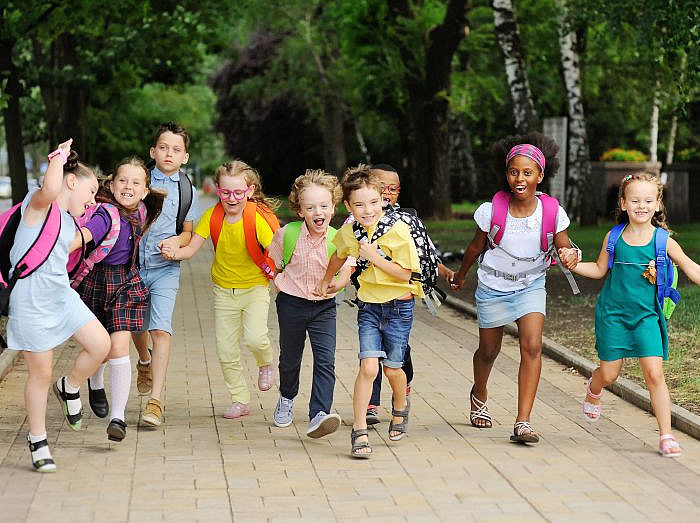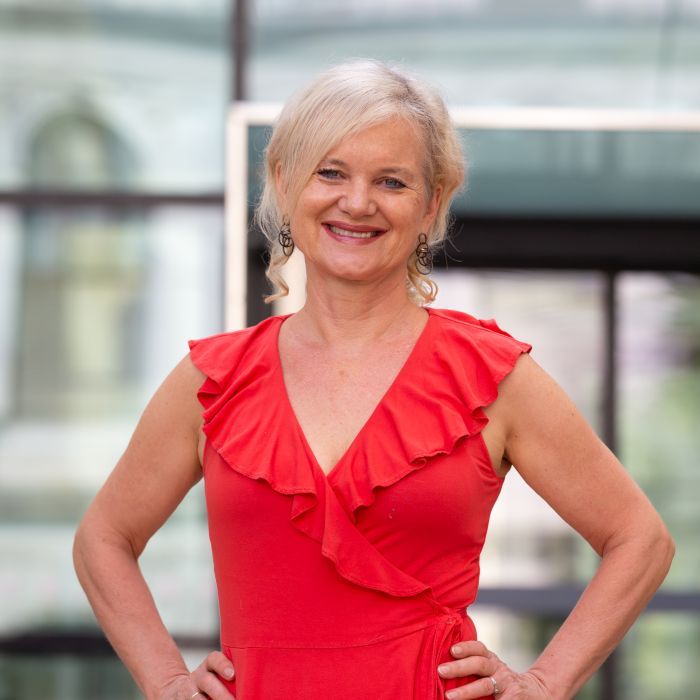(Un)divided classes: Learning language with friends

The influence of social relationships on language acquisition is undisputed. But how do friendly relationships affect language learning? And: can pupils with a non-German family language benefit linguistically from their peers of the same age? The project "(Un)geteilte Klassen" investigated the connection between social networks and the acquisition of German by children in linguistically heterogeneous classes at primary level.
In school, proficiency in German plays a key role, not only as the language of instruction, but also as the language in which social interaction takes place. In linguistically heterogeneous classes, social interaction with more competent speakers of the target language in the context of friendly relationships can be seen as a valuable resource for first and second language acquisition.
To date, however, there has been a lack of empirical findings that prove the connection between friendship networks and the development of language competence in German as a first and second language. Based on the finding that verbal interactions play a central role in establishing and maintaining friendships, this project focuses on the question of the connection between friendship relationships in multilingual primary school classes and the linguistic development of children over time in their first or second language German. The particular interest here is in children who speak a family language other than German.
Firstly, it is assumed that the more friends a child has in the classroom, the more opportunities there are to interact linguistically with peers. It is also assumed that the number and type of friendly relationships predict the course of oral language development. A higher number of best friends and mutual friendships should therefore be associated with more intensive language development.
Secondly, it is assumed that the German language skills of friends are also important for interaction and language development in German. Friendships with peers whose language skills in German differ only moderately from one's own should be associated with greater linguistic development in German than friendships between children with very similar or very different language skills.
The results of this interdisciplinary project were published in the journal "Social Psychology of Education" in 2023: DOI: 10.1007/s11218-023-09770-6
Project manager

Univ.-Prof. Dr.phil. Mag. Sabine Schmölzer-Eibinger
+43 316 380 - 8393
Fachdidaktikzentrum Deutsch als Zweitsprache & Sprachliche Bildung
Bitte um Terminvereinbarung: silke.sulics@uni-graz.at.
http://www.sabineschmoelzer.at/
Project team
| | |
| Institut für Psychologie https://online.uni-graz.at/kfu_online/pl/ui/$ctx/wbforschungsportal.cbshowportal?pPersonNr=96344 |
| Institut für Psychologie |